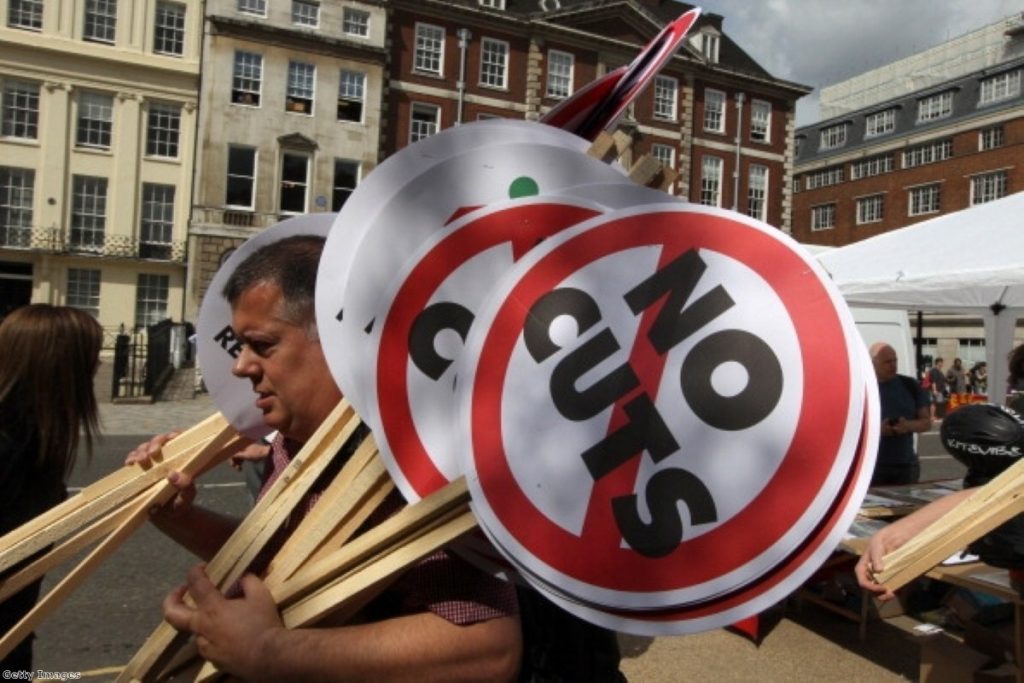Headteachers set to strike for first time ever
By Alex Stevenson Follow @alex__stevenson
Headteachers have voted for strike action for the first time ever later, but union chiefs say it is still "not too late" to resolve the public sector pensions impasse.
Members of the National Association of Head Teachers (NAHT) voted by three to one in favour of the November 30th walkout over the coalition's plans to slash teachers' pensions. Turnout was 53.6%.
The 'yes' vote is a historic moment for NAHT, which had not previously backed strike action in its 114-year history. Its members hold leadership positions in 85% of primary schools and over 40% of secondary schools.


General secretary Russell Hobby said the result was an "unhappy milestone" for the union.
"I have spoken at length to many school leaders and not one has been anything other than upset and sometimes downright angry that they have been forced into this situation as the only way to stand up for the profession and standards," he Russell Hobby said.
"We welcome the government's recent concessions as marking, finally, the start of genuine negotiations.
"It is sad that it has taken this long, but it is a start. We would like to avoid action if at all possible and will be negotiating intensely and in good faith in the run up to the 30th."
Last week ministers issued an offer to public sector workers which would protect final salary pensions accrued so far and ensure that all those retiring within ten years would not be affected.
Union chiefs decided to reject the offer but talks are ongoing ahead of the planned November 30th walkout.
They have been alienated by the government's insistence that public sector workers get a better deal than those in the private sector.
"In the same week that the city described the £4.2 billion bonuses to be paid this year to finance industry workers as representing a drastic cut, the government's attempts to compare public sector and private sector rewards ring hollow," Mr Hobby added.
"We ask government to stop trying to fuel resentment by false comparisons between public and private workers."

